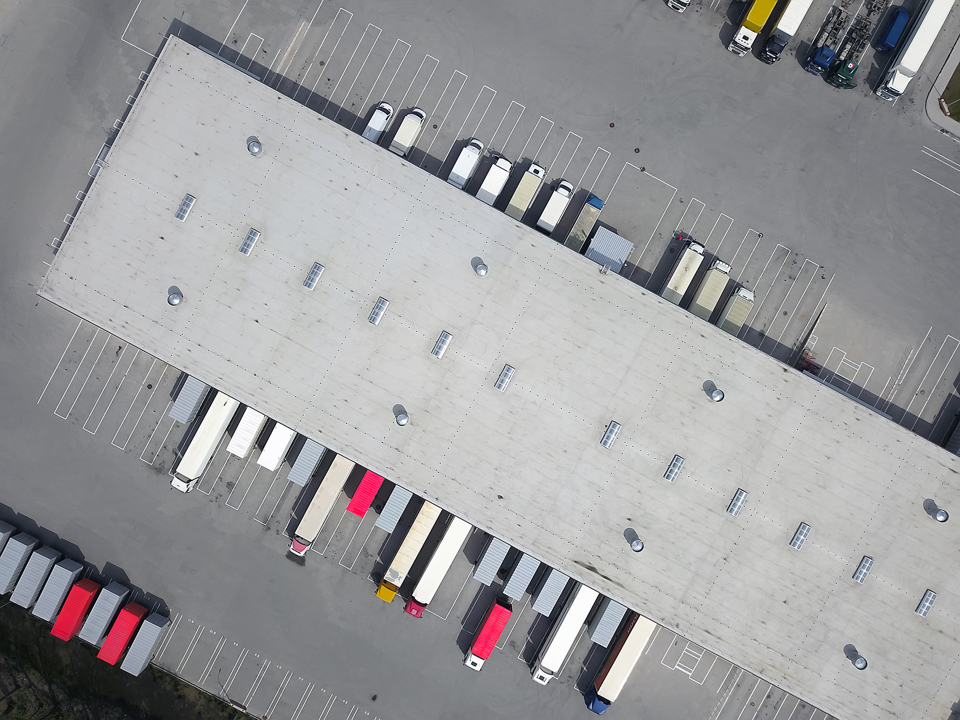Driver safety remains a top priority for fleets, with half of businesses currently monitoring driver behaviour and almost a third (30%) planning on investing in driver technology this year, new research suggests.
The 2024 Telematics Survey (TS24), an annual survey from Teletrac Navman, sheds light on the industry’s latest trends and challenges for fleets.
Taking data from more than 500 global fleet businesses, the annual report focuses on three key areas: sustainability, safety, and efficiency.
More than two thirds of TS24 respondents (73%) have seen fewer accidents on the job since adopting telematics solutions, and 73% are actively rewarding drivers for better performance.
TS24 also found 71% of respondents have seen improved driver performance through driver rewards programmes.
Incentivising drivers has become crucial for retention, especially in the face of economic challenges such as Brexit and the cost-of-living crisis. This data also aligns with the industry's focus on driver well-being and a rising interest in recognition and rewards programmes to retain and support drivers.
More than half of the businesses surveyed (62%) recognise the cost-of-living crisis’ impact on their drivers’ mental health, and Teletrac Navman has seen a 110% increase year-on-year in driver appreciation activities, a 54% increase in adopting reward programs, and a 52% increase in the promotion to senior driver.
Rising fuel costs are considered in driver behaviour management as well, with a 33% increase in businesses implementing new driver behaviour programmes in an effort to navigate rising fuel costs since last year.
“The last 12 months have come with their own set of challenges for fleets, and rising insurance and fuel costs have been a leading concern for operators globally,” said Alain Samaha, global president and CEO of Teletrac Navman.
“This in turn has led to an even higher emphasis on safety, prompting operators to prioritise safe processes and behaviour to manage costs effectively as well as look after staff wellbeing.”
With more than half of fleets (65%) feeling environmental pressure to transition to alternative energy, many are operating a multi-energy fleet or are about to begin their transition while still experiencing a lack of awareness and readily available, trustworthy guidance.
Samaha said: “Fleets of all sizes and scales are already planning and navigating their transition, but we know there simply isn’t enough credible information out there to help simplify what is a complex move for any business.
“Alternative energy is still such a new concept for many fleet operators and the process of switching can feel overwhelming.”
When seeking guidance on transitioning fleets to electric or alternative energy, a quarter of respondents (25%) prefer advice from experts, and 15% would opt for dedicated training courses.
While the switch to alternative energy keeps rising on fleet operators’ agendas and a quarter of TS24 respondents (25%) name tackling rising fuel costs as a key motivation, challenges still remain.
The frequency of emerging new technologies, high purchase cost of alternative energy vehicles and limited public charging points available have been identified as the top obstacles for businesses on their way to decarbonisation.
This is highlighted even further as nearly three quarters (72%) of respondents state that ongoing cost pressures will likely delay their transition to EV or alternative energy vehicles.
While they feel environmental pressures, over half (56%) do not believe the UK government will go ahead with their planned ban on fossil fuels.
In the US, 46% doubt the government will go ahead with the planned ban on fossil fuels – outnumbered by Australia and New Zealand where 69% express doubts.





















Login to comment
Comments
No comments have been made yet.